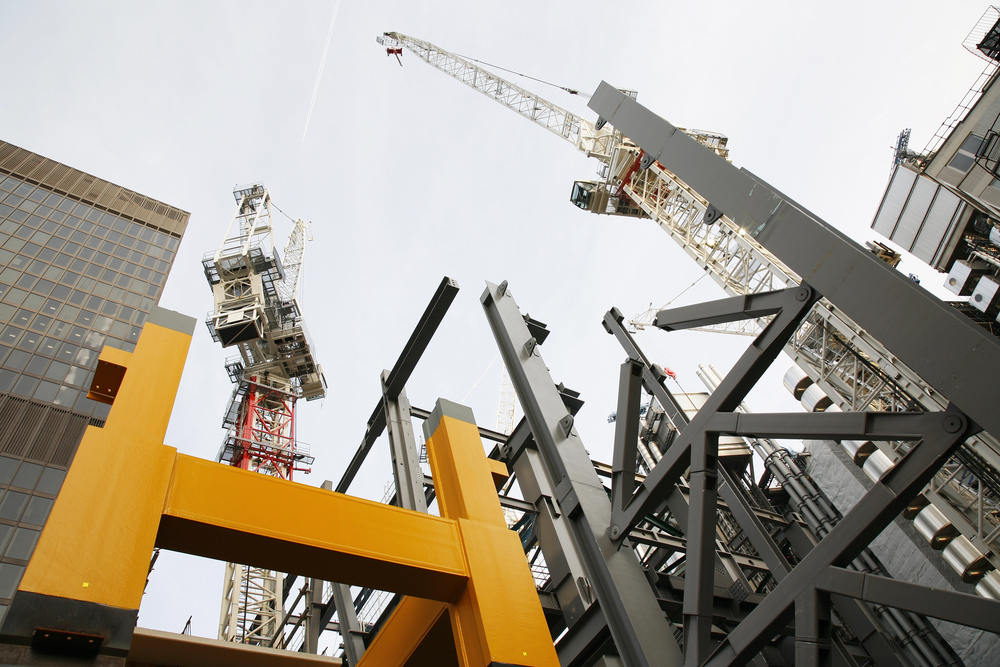Employee Stress at All-Time High, Says Gallup

By: AnneMarie McPherson Spears
Employees’ stress is at an all-time high—again—according to Gallup’s “State of the Global Workplace 2022 Report.”
Forty-four percent of employees around the world reported experiencing stress during “a lot” of the day, according to the survey. The stress levels are up from the previous record of 43% in 2020.
Working women consistently report higher levels of stress globally compared to men, with 1 in 2 U.S. and Canadian women saying they experienced stress a lot of the previous day.
Only 21% of employees say they are engaged at work, which Gallup describes as “highly involved in and enthusiastic about their work and workplace,” a group that rose by 1 percentage point from 2020 but remains below the 2019 peak. Unfortunately, 66% of workers are not engaged, meaning psychologically unattached, at work. And 19% are actively disengaged workers, which Gallup defines as “resentful” and “acting out of their unhappiness.”
Employee disengagement should be taken seriously, according to Gallup, estimating that low engagement costs the global economy $7.8 trillion and accounts for 11% of gross domestic product (GDP) globally.
One-third of global workers say they are thriving in their overall wellbeing. Both South Asia and Europe dropped five percentage points in wellbeing in the past year, with South Asia having the lowest wellbeing in the world at 11%. Despite employees in the U.S. and Canada clocking up some of the highest levels of worry and stress, the region also has the most engaged employees. Globally, North America comes in No. 1 for employee engagement at 33% and No. 2 for wellbeing at 60%.
However, employee disengagement and wellbeing are interconnected. Workers who report being engaged but not thriving are 61% more likely to experience ongoing burnout than those who are both engaged and thriving. And employees who consistently experience higher levels of burnout at work not only say their job makes it difficult to fulfill family responsibilities, they are also 23% more likely to visit the emergency room.
Among workers who experienced stress during the day, 49% were neither thriving or engaged versus 30% who were thriving and engaged. Among those who experienced anger, 24% were neither thriving or engaged compared to 11% who were thriving and engaged. And among those who experienced health problems, 16% were neither thriving or engaged, while only 8% were thriving and engaged.
With the “Great Resignation” a constant concern, it’s no surprise that workers in North America are looking to switch employment, with 71% of U.S. and Canadian workers saying now is a good time to find a job. However, globally, only 45% of employees say now is a good time to find a job—up from last year’s 44% but significantly less than 2019’s record 55%.
“Business units with engaged workers have 23% higher profit compared with business units with miserable workers,” wrote Jon Clifton, Gallup CEO, in the study. “Additionally, teams with thriving workers see significantly lower absenteeism, turnover and accidents; they also see higher customer loyalty. The point is: Wellbeing at work isn’t at odds with anyone’s agenda.”
What’s the solution? In a previous study on burnout, Gallup found the biggest source was unfair treatment at work, followed by unmanageable workload, unclear communication from managers, lack of manager support and unreasonable time pressure. Clifton pointed out the one thing those five causes have in common: the boss.
“A manager’s effect on a workplace is so significant that Gallup can predict 70% of the variance in team engagement just by getting to know the boss,” he wrote. “Managers need to be better listeners, coaches and collaborators. Great managers help colleagues learn and grow, recognize their colleagues for doing great work, and make them truly feel cared about. In environments like this, workers thrive.”
AnneMarie McPherson Spears is IA news editor.










